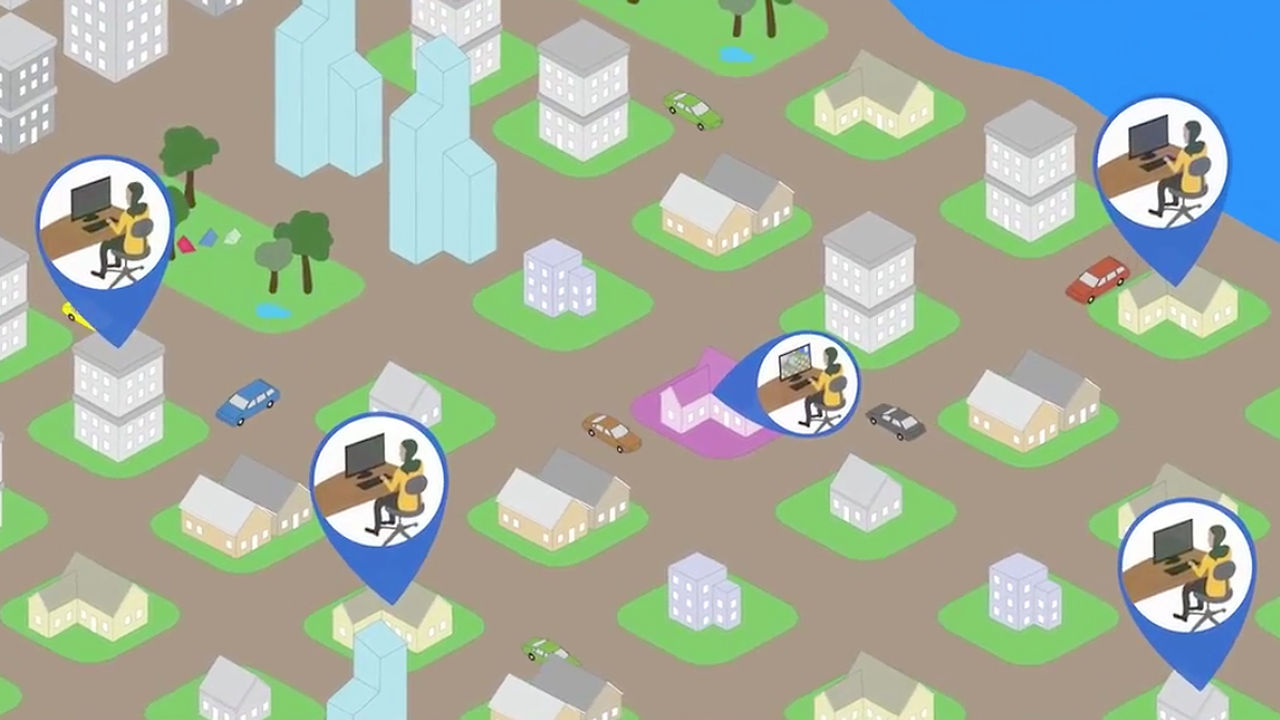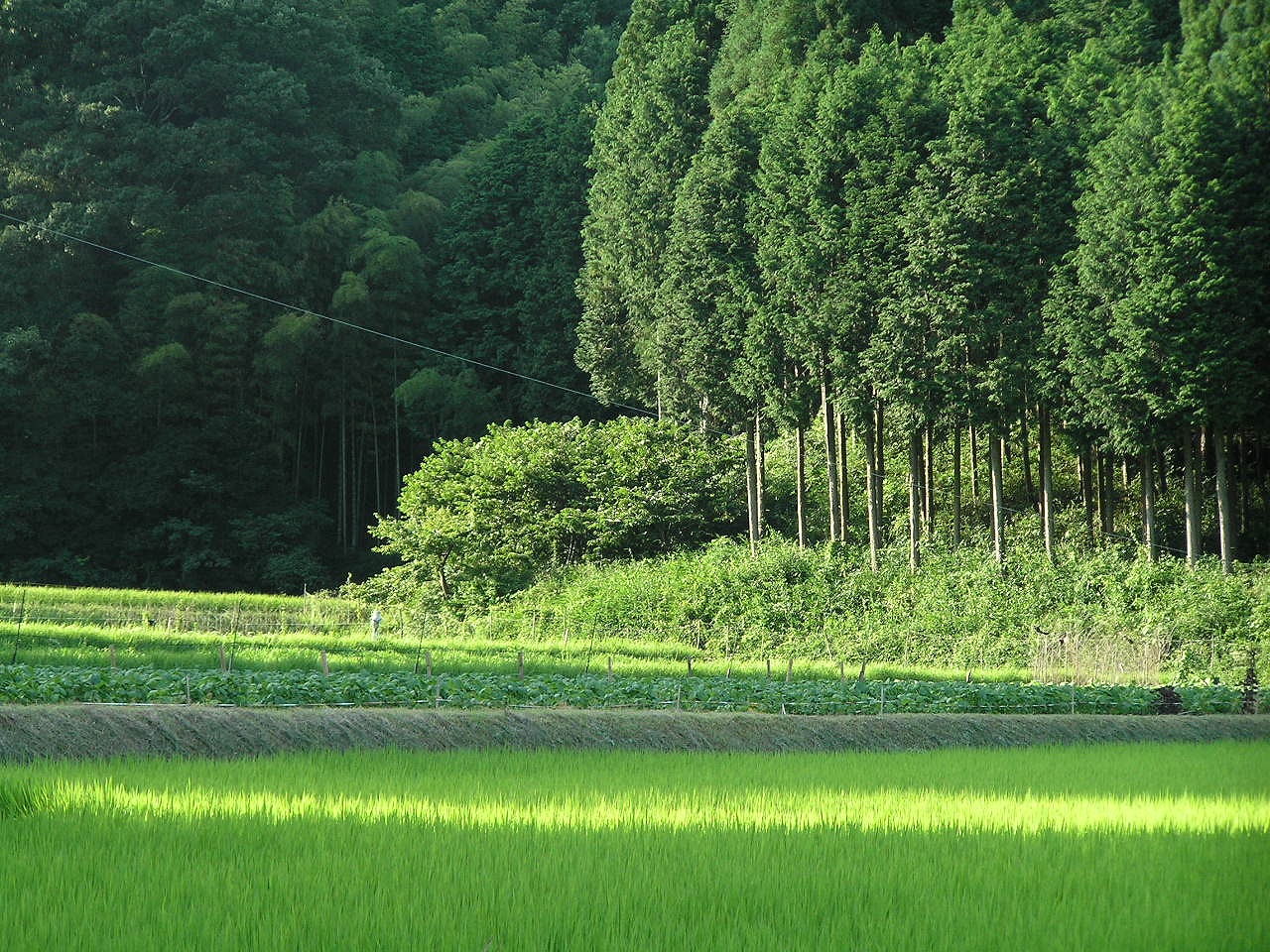Center for Ecoliteracy
Can changing what schools serve for lunch help to address deep challenges in the food and education systems, while inspiring ecological awareness in children? A child in the state of California's public education system will consume around 4,000 school meals between the time of entering kindergarten and leaving high school. With more than 6 million children attending California state schools, the simple question of what gets served for lunch, and [...]






